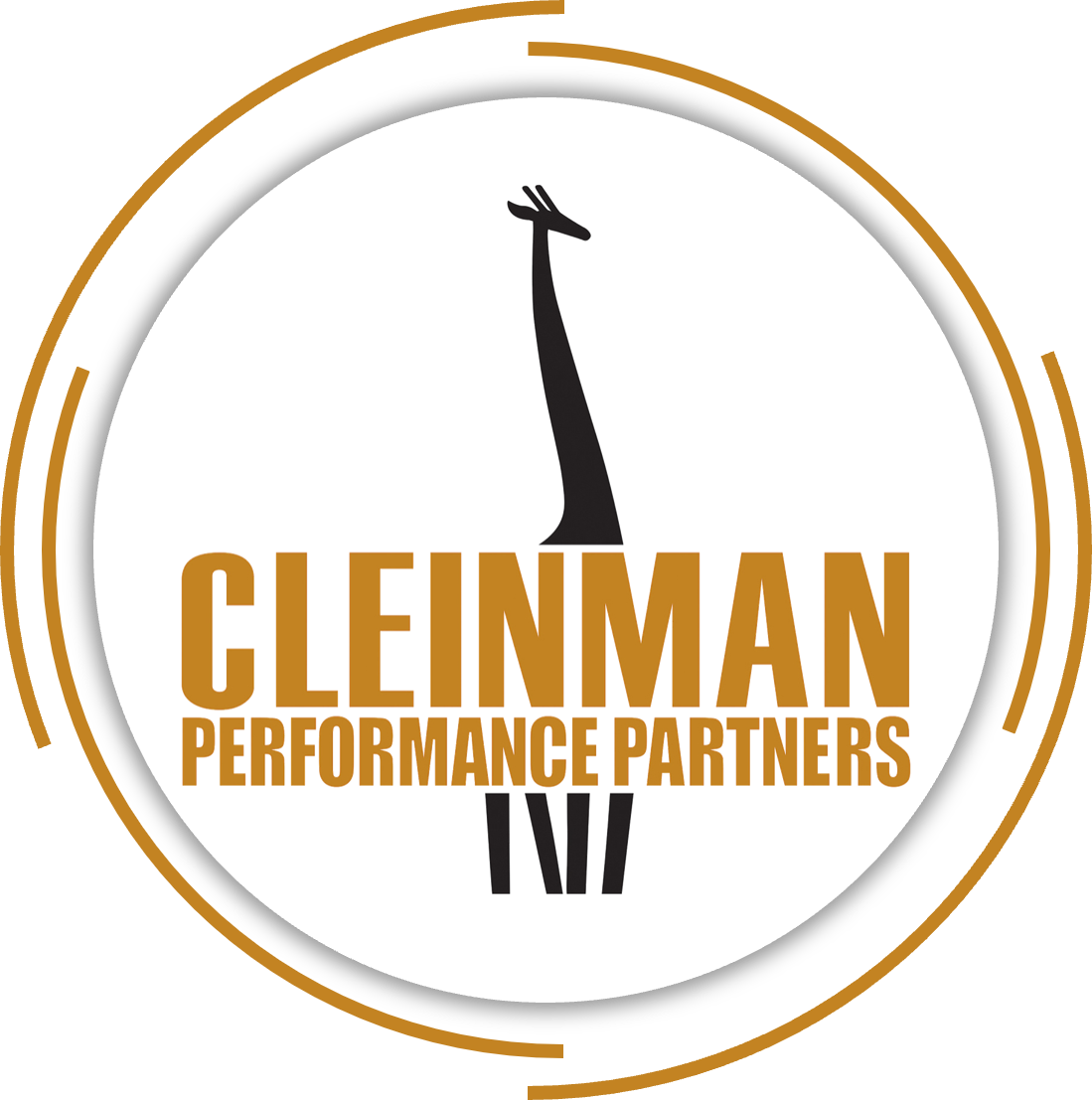Show me a successful optometrist (or anyone else for that matter) and I’ll show you a professional student. Certainly, Continuing Medical Education (CME) is a requirement of licensure. But ask yourself this important question: what if CME was NOT a requirement of licensure? Would you still invest the time and money? And when you do attend, do you really pay attention or are you just there to get your ticket punched? Your responses to these questions are potentially a precursor to your life’s accomplishments. Are they not a signal of your attitude towards learning?
I am astounded at the number of professionals who have never attended a personal or business development program. This is especially disconcerting when one considers that the typical professional has almost no training in the business side of their profession. Education doesn’t stop with your diploma; indeed, in my opinion, receipt of cap and gown should be in celebration of a single step in a lifelong endeavor. Investing in yourself through ongoing personal development will play an impactful role in your life’s success as well as provide a return on investment like none other.
I don’t mean to imply that being a scholar has any connection with being economically successful. Indeed, I personally believe that the opposite is likely true; that many very successful entrepreneurs were actually pretty mediocre students in terms of classic scoring methodologies (for a variety of reasons, most having nothing to do with intelligence). But being academically bored is not necessarily the inverse of being a life-long learner. I, for one, was completely turned off by the book-learning process yet have always been intensely curious. I believe that it is my personal curiosity and my investment in life-long personal development that has provided what success I’ve enjoyed.
Curiosity, together with a healthy competitive attitude, is the blood that flows through the veins of most successful individuals. Indeed, teaching curiosity and healthy competition at the earliest ages is critical, in my opinion, to the success of humanity. Curiosity is the means by which we attain break-through while competitiveness (not necessarily with others) is the driving force behind the work necessary for success in any endeavor.
It’s interesting to observe this concept at work and our Cleinman Performance Network provides us with an amazing laboratory. Who are the most successful participants? They are those members who come back year-in and year out; who are committed to the process of personal development; who leave their ego at the door. These individuals invest two weekends a year in taking an outside-in view of their businesses and themselves. They take their weekends seriously; but not so seriously that they don’t have fun with the process. They always have a positive attitude and they seek one or two good ideas that will take them to the next level. They understand that these ideas won’t just appear; they have to work to obtain them. They also understand that persistent implementation is the key to their success. They don’t take the attitude of
